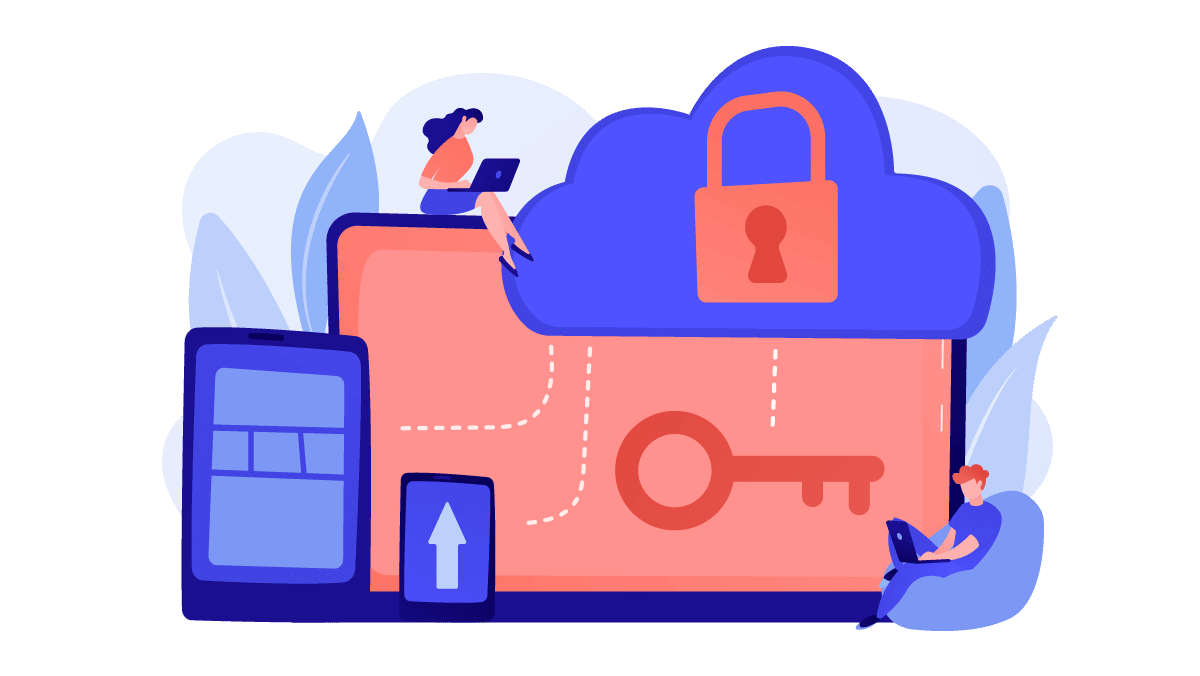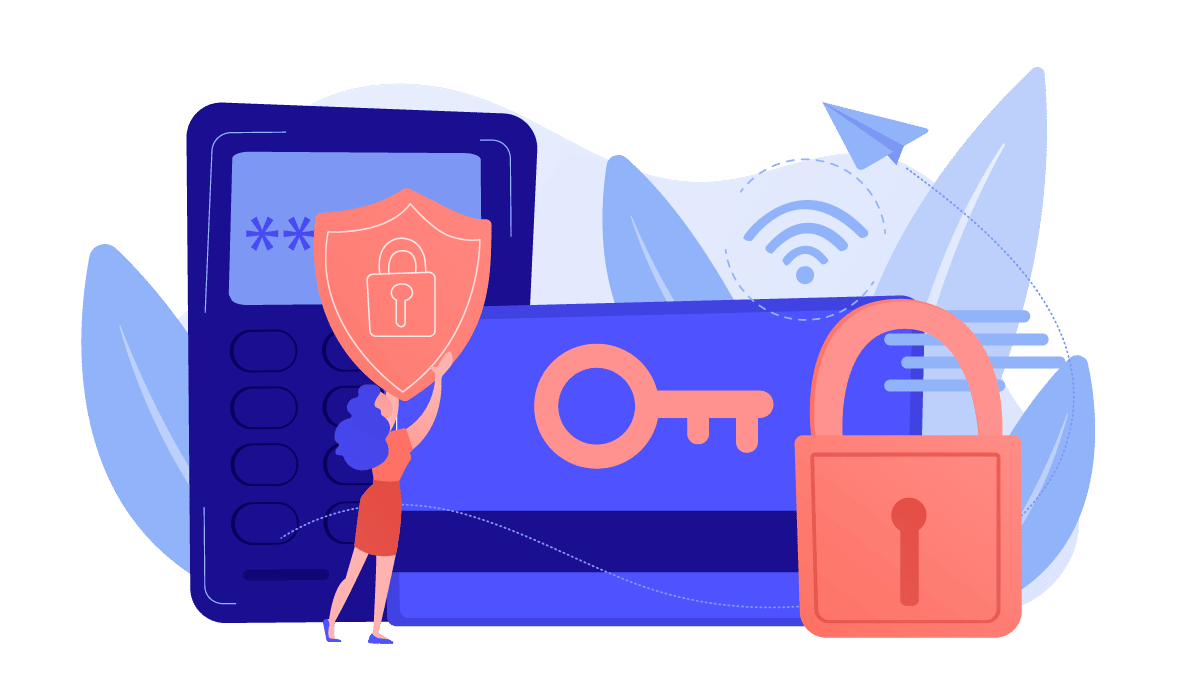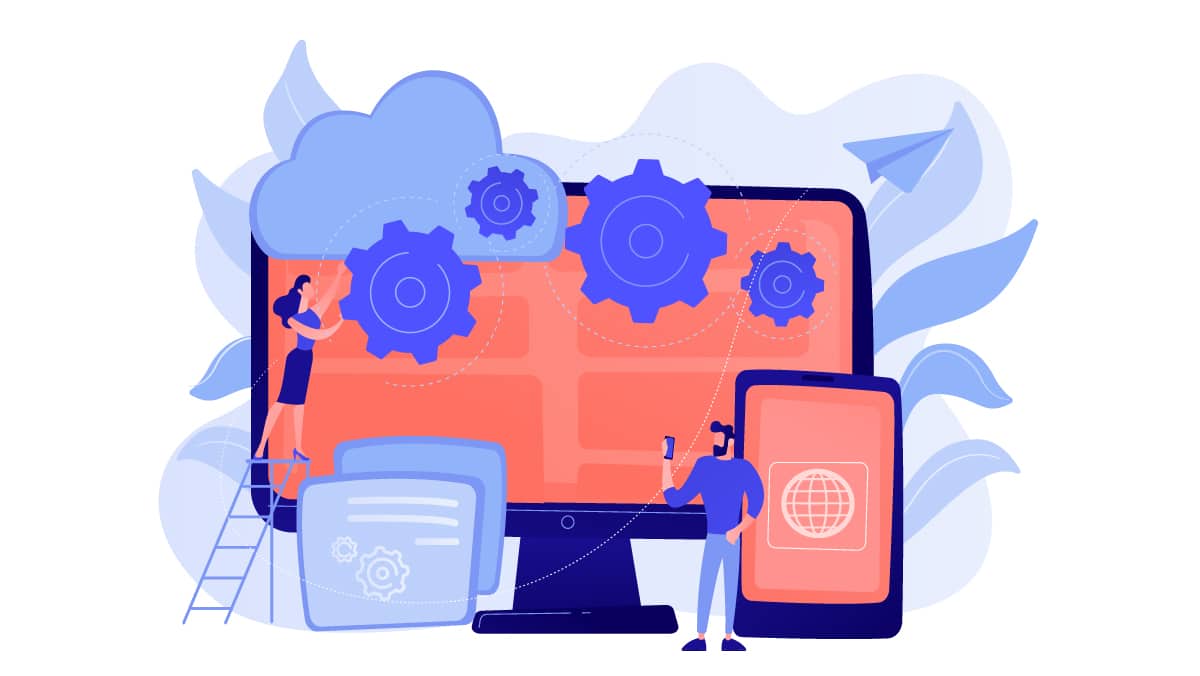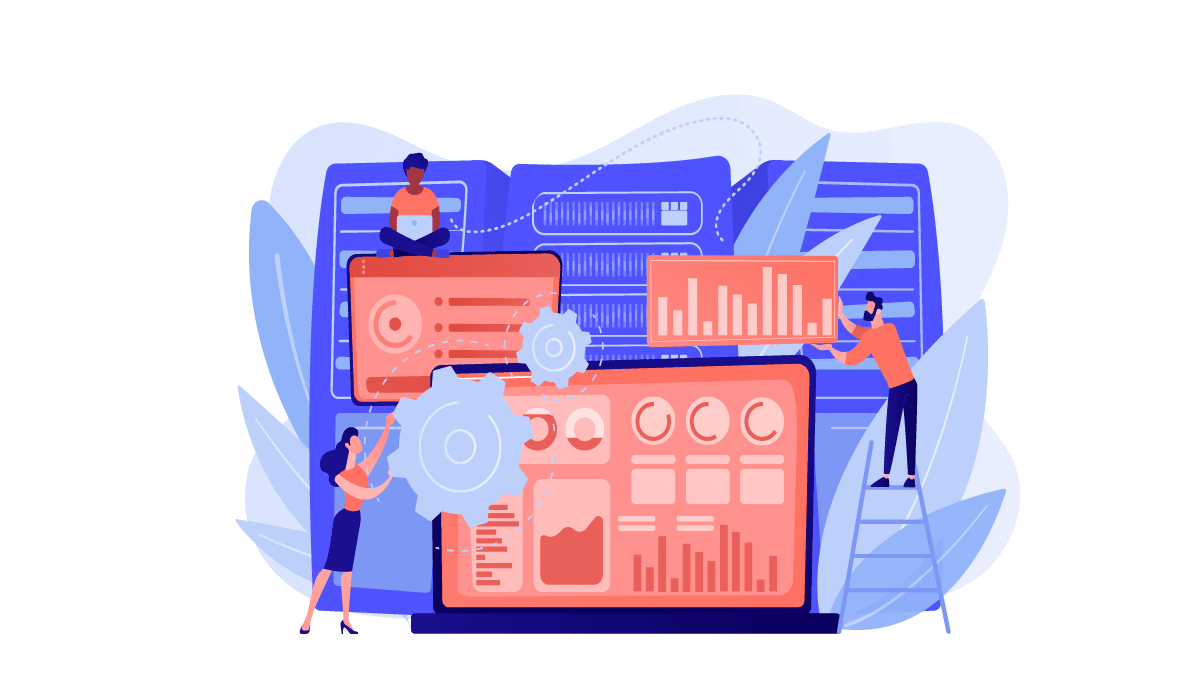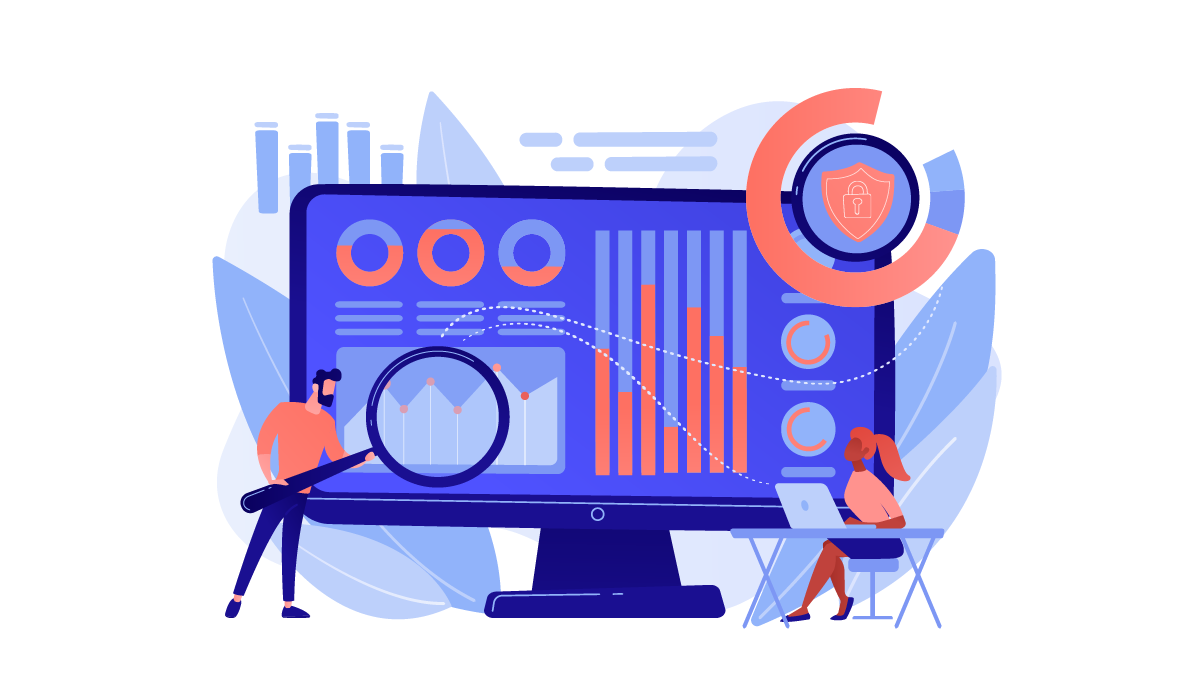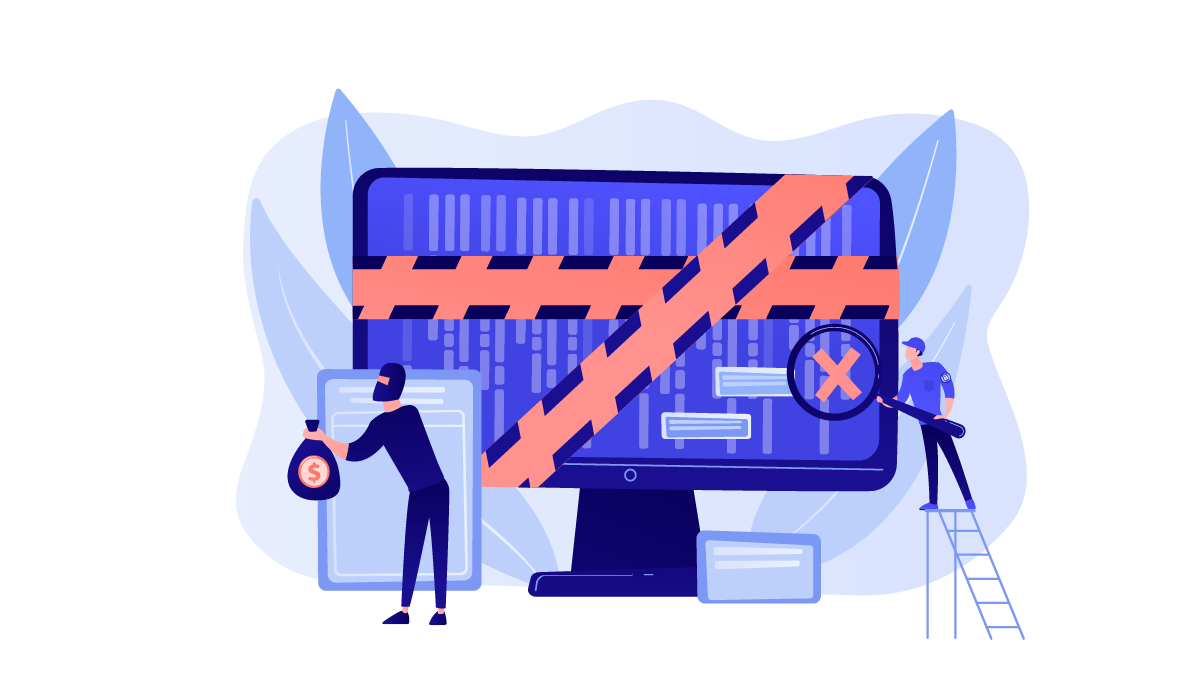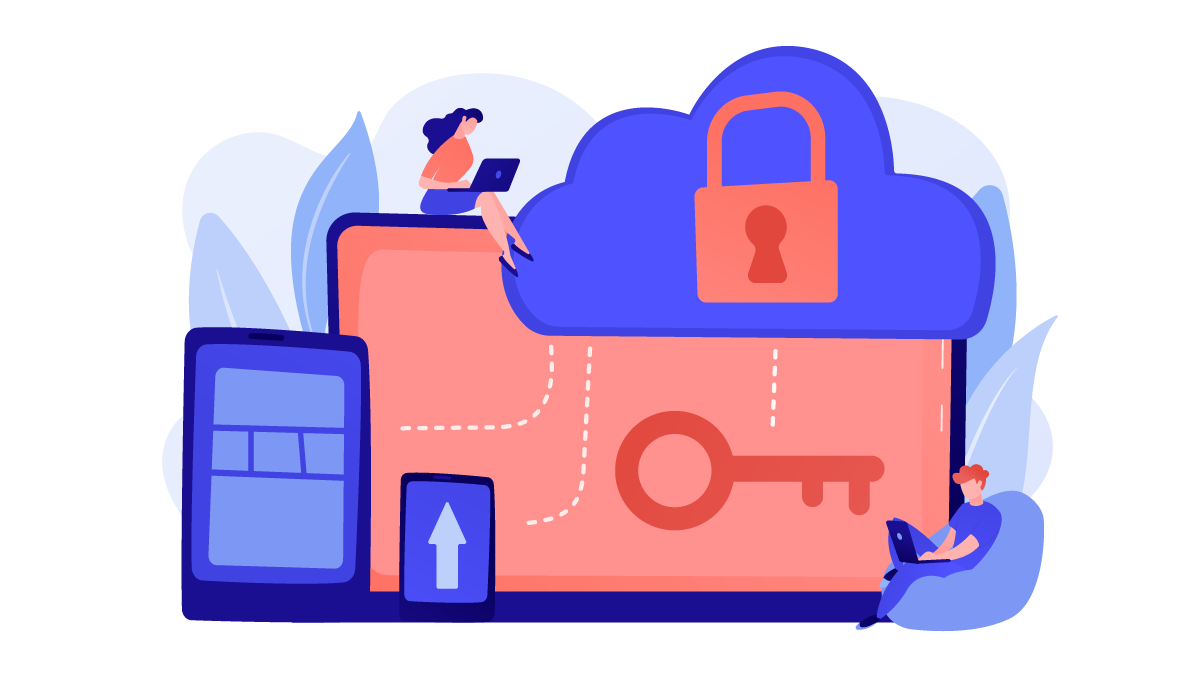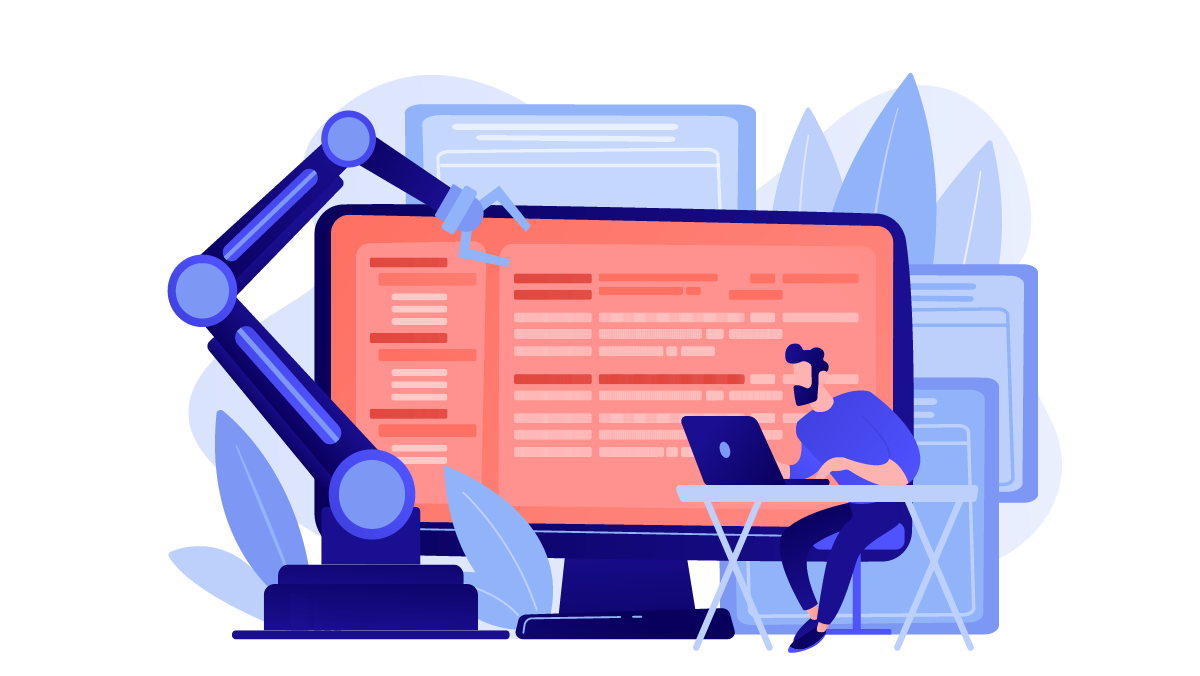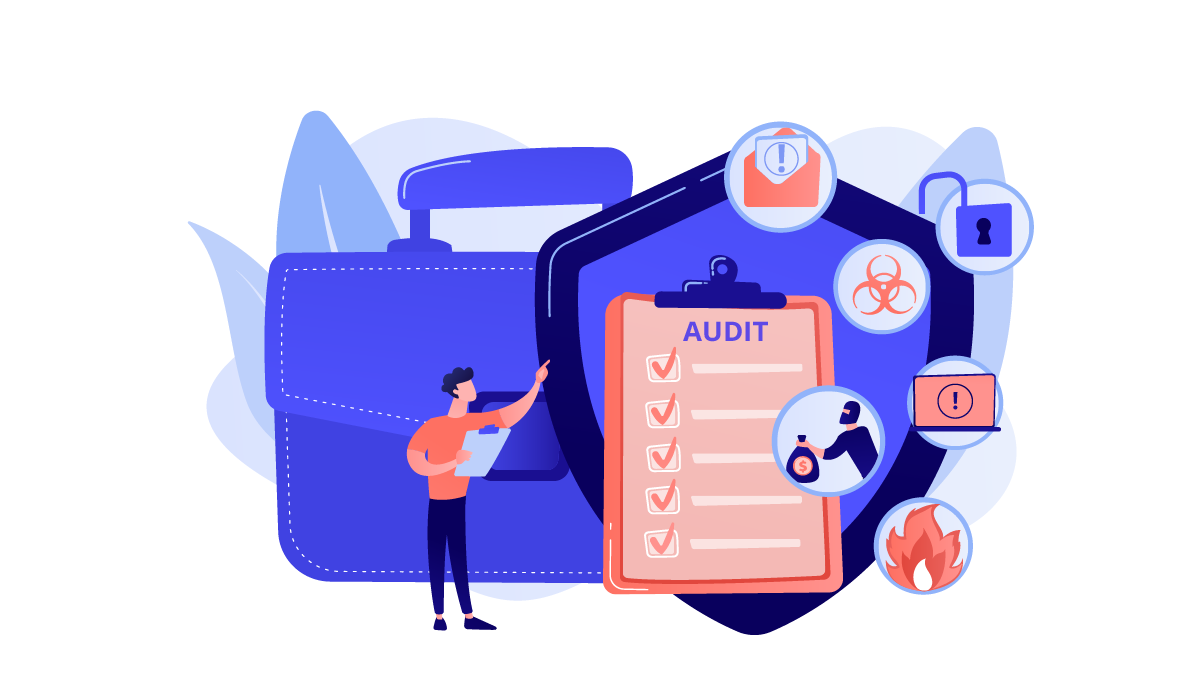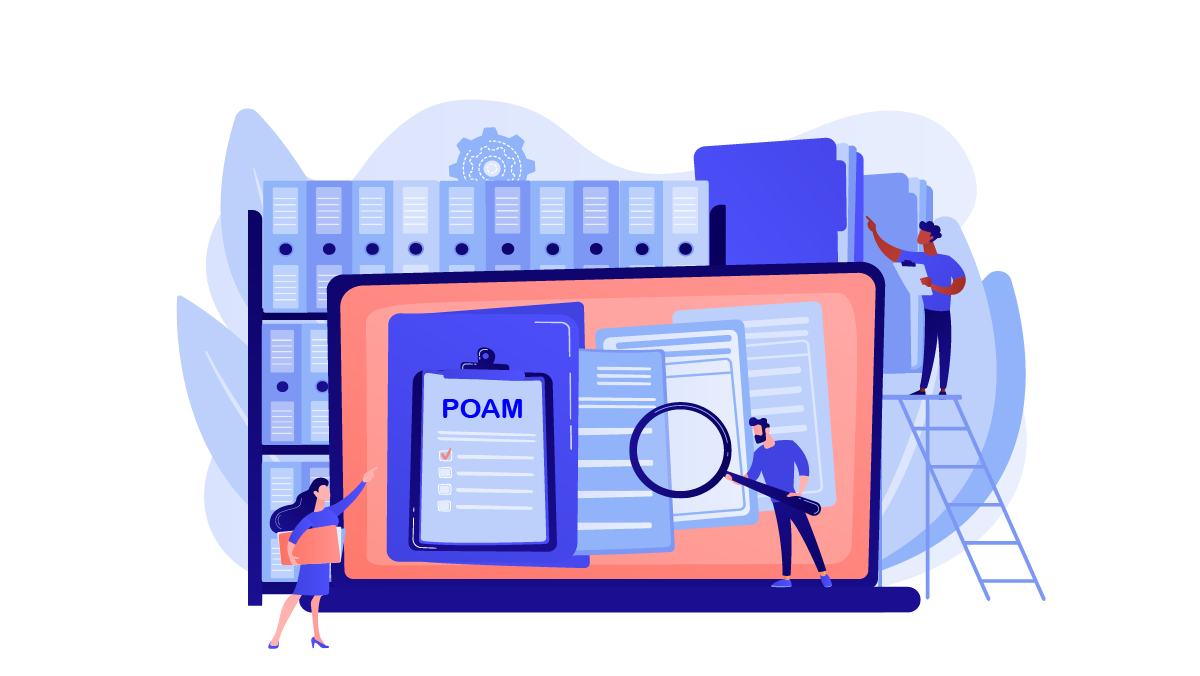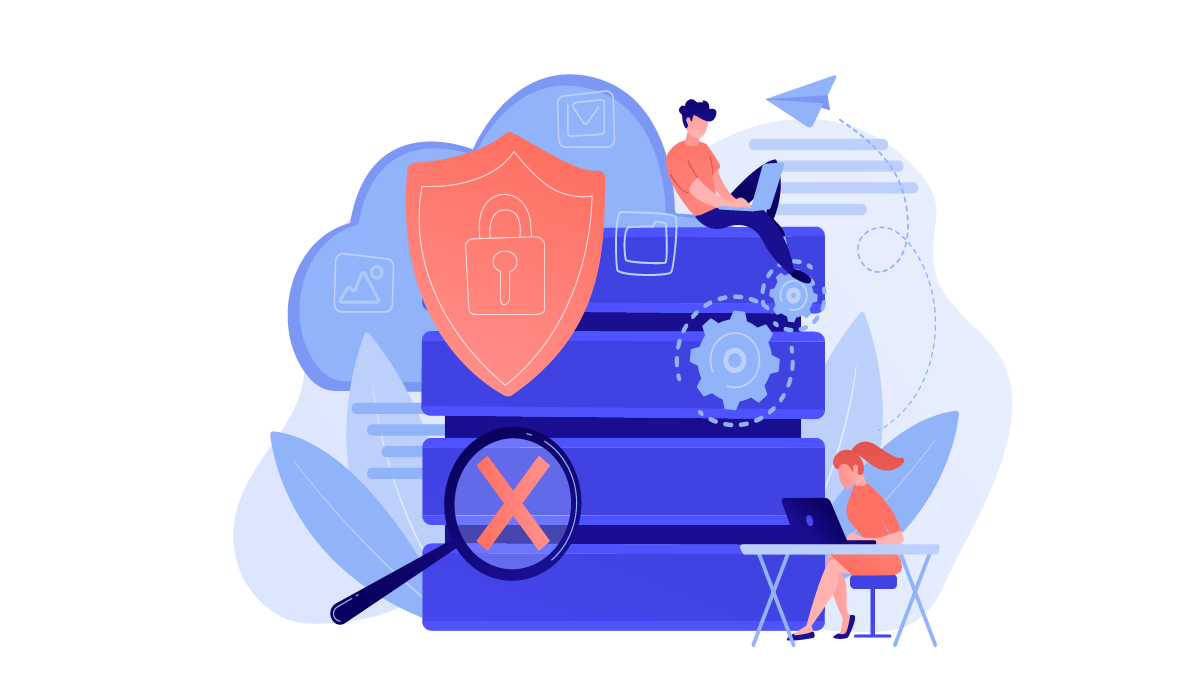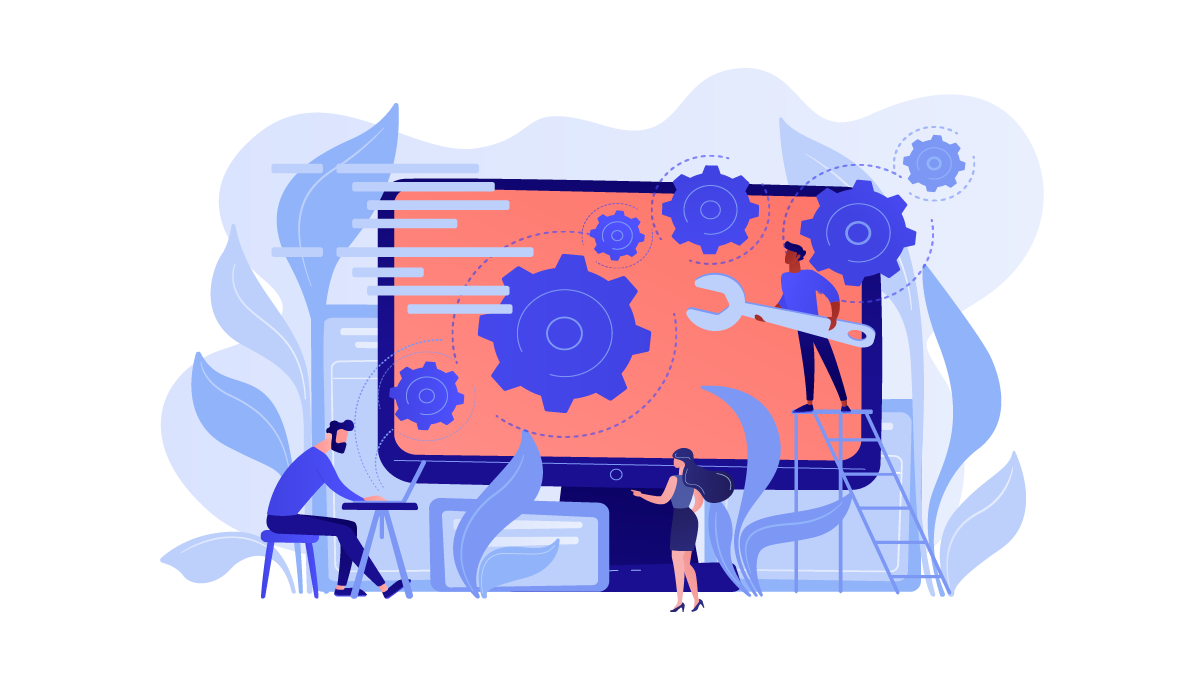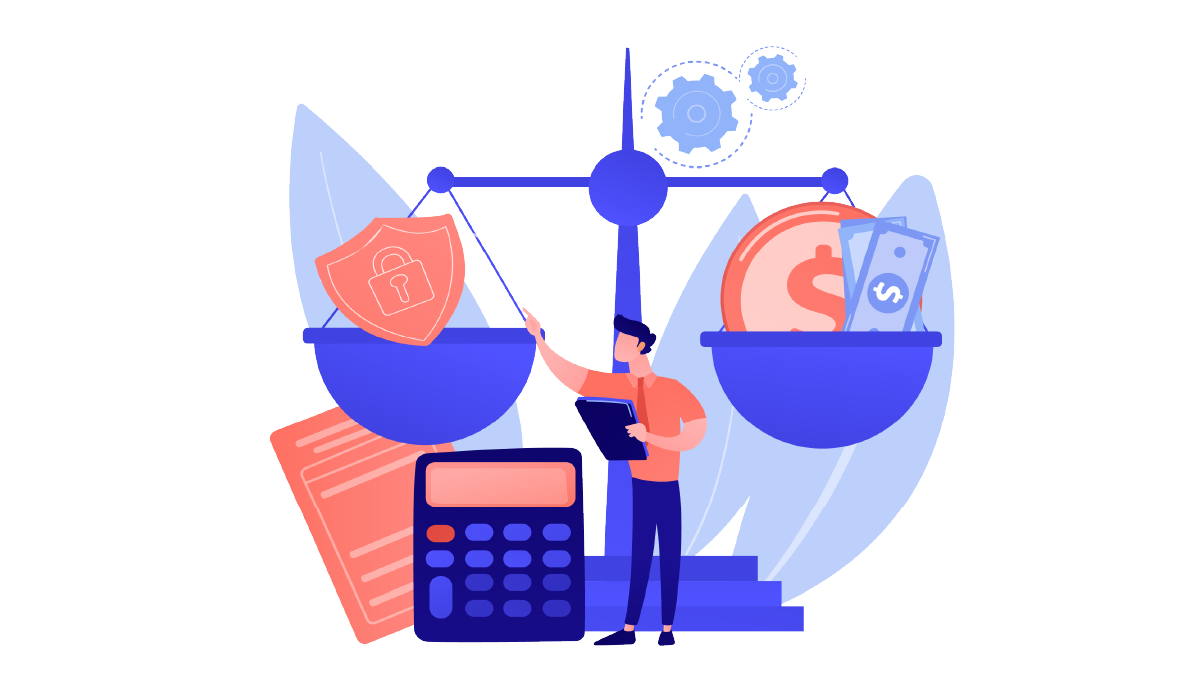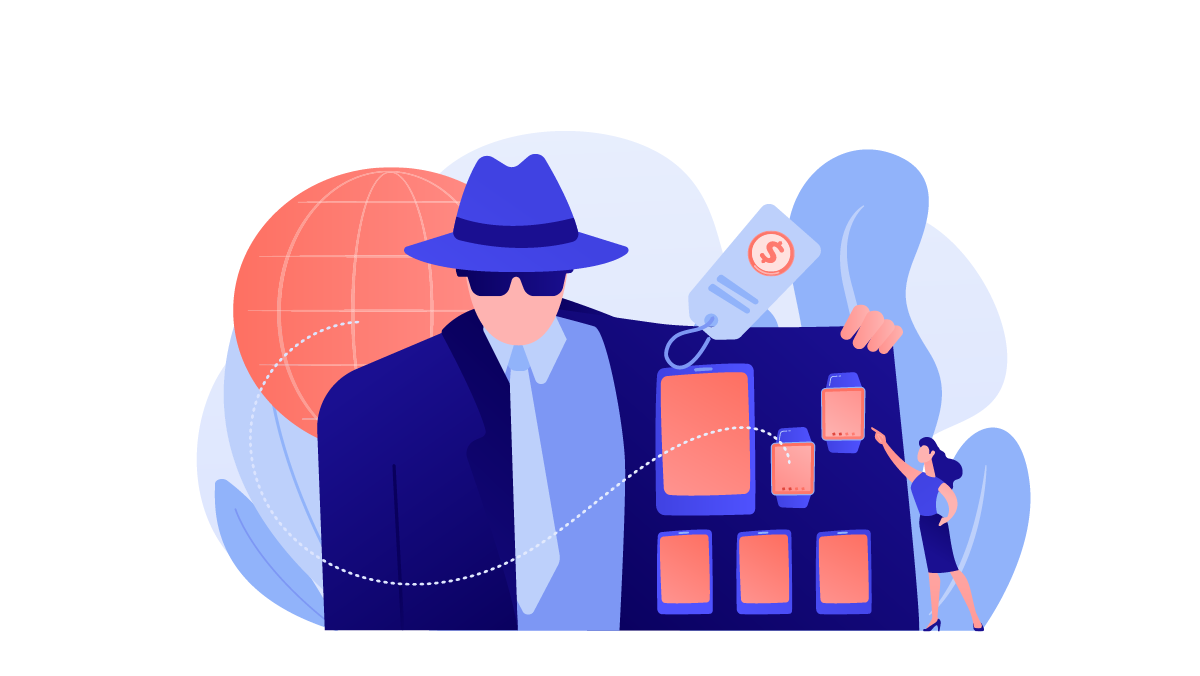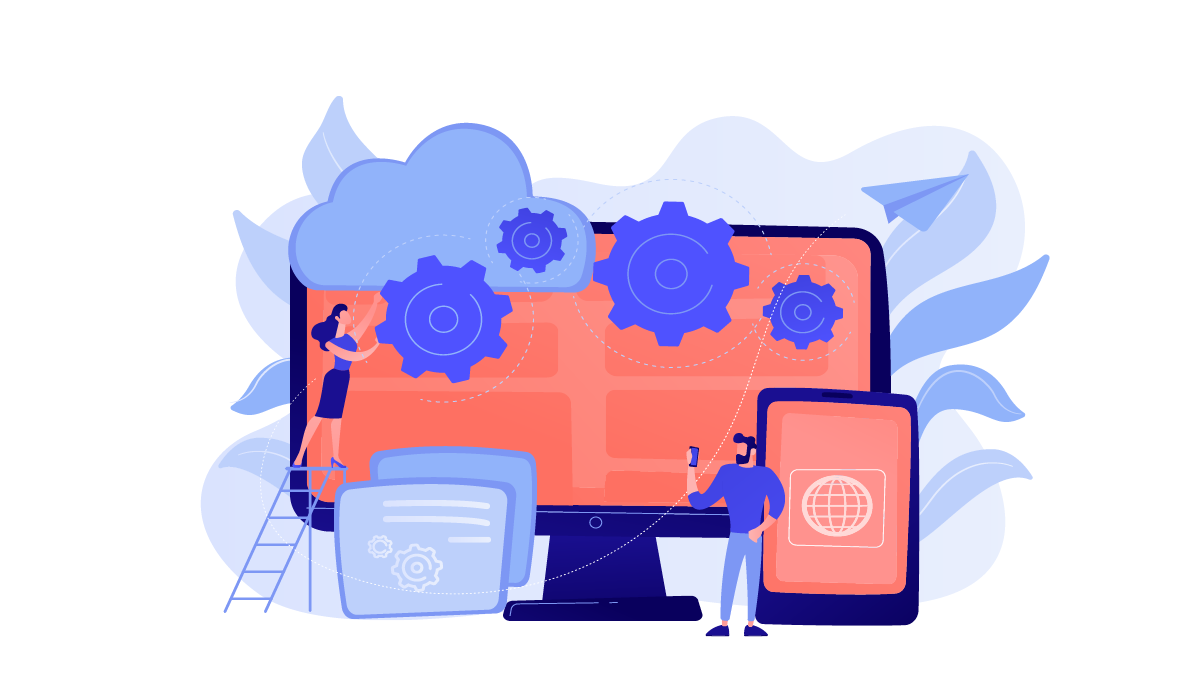Cyber Bites
Password Manager Best Practices
To ensure strong password protection when using a Password Manager app, it is best practice to create complex passwords and change them regularly. In addition, ...
More
Removable Storage Device Encryption
To prevent the loss of private data, it is recommended to either block external drives from use or enforce their encryption. If, for example, ...
More
The Importance of Device Decommissioning
Your firm’s Cyber Program or Written Information Security Policy (WISP) should include a procedure for decommissioning devices when they will no longer be used. ...
More
What do hackers see about your firm?
FCI offers a Corporate Internet Attack Surface Assessment (CIASA) that provides complete visibility of your business’s attack surface, from internal networks to the farthest reaches ...
More
Big Cyber Risk: Unmanaged Devices
One of the biggest risks in cybersecurity is the allowance of unmanaged devices to access enterprise private data. When unmanaged, a firm does not ...
More
Zero Trust 4/4: Networks
A Zero Trust approach considers users, endpoints, software, and networks as potential threats until proven otherwise. This post covers networks. Implementation of security policies is ...
More
Zero Trust 3/4: Software
A Zero Trust approach considers users, endpoints, software, and networks as potential threats until proven otherwise. This post covers software. Zero Trust software is ...
More
Zero Trust 2/4: Endpoints
A Zero Trust approach considers users, endpoints, software, and networks as potential threats until proven otherwise. This post covers endpoints. Any device used to ...
More
Zero Trust 1/4: Users
A Zero Trust approach considers users, endpoints, software, and networks as potential threats until proven otherwise. This post covers users. Do you know who ...
More
Managed Is Most Secure
For endpoint protection, you could provide instructions to your users or your IT team to manually configure settings (complex password, inactivity timeout, personal firewall, etc.) ...
More
Hardening Systems of Private Data
We all focus on Endpoint and Network Security but too often overlook software and how security settings should be hardened. For example, when you start ...
More
Ransomware Protection
Ransomware incidents are up 300% in the past year and remain a top cyber threat as attacks continue to surge against the financial sector. Implementing ...
More
Cybersecurity Risk Assessment
As firms face an increased rate of sophisticated cyberattacks, there is no better time to execute a Cybersecurity Risk Assessment. Proactive vulnerability scans and network ...
More
Beware of Phishing
Phishing remains a leading cybersecurity threat as cybercriminals use increasingly sophisticated tactics to obtain private data by exploiting human behavior. Posing as a known contact ...
More
Your Own Gateway VPN
When working remotely or traveling, best practice for securing data across the internet is use of a business-grade firewall with a gateway VPN (Virtual Private ...
More
Ensure Encryption
Encryption is a vital cybersecurity safeguard that protects data while at rest on your device and in transit across a network. Made possible by cryptography, ...
More
Keep Your OS Current
Cybersecurity regulations require that you use a currently supported Operating System (OS) version. OS software has a lifecycle defined by the manufacturer during which critical ...
More
Audit Preparedness
When it comes to audit preparedness are you a Cyber Ant or Grasshopper? If you don’t have a strong cybersecurity program and safeguards in place ...
More
Hybrid Workforce Cybersecurity
Especially given the last year, we must stop segregating home, traveler, and office users and instead treat all users the same way. The high-level of ...
More
NIST-based Asset Inventory Report
In the event of an Audit or Breach, you may be required to demonstrate a list of your assets and their cyber posture. Your NIST-based ...
More
DLP Confusion
The confusion related to “DLP” is fueled by the fact there are two definitions of the same acronym, Data Leakage Prevention and Data Loss Protection, ...
More
Reboot Your Computer
One critical but simple action to significantly improve cybersecurity & system performance is routine System Reboot. As a best practice and as required by some ...
More
Vendor Risk Management
The best way to minimize risk when working with a vendor that handles your private data in providing service to you is to perform Vendor ...
More
Cost vs Benefits
Data Breaches are costly. Did you know that 60% of firms go out of business within 6 months of experiencing a breach? Damage ranging from ...
More
Smartphone Security
Think you’re saving money on your Smartphone data plan by utilizing free WiFi? Think again. Smartphone data is most secure when kept within your provider’s ...
More
Dark Web Data
Your private data or user credentials could be for sale on the dark web right now put there by cybercriminals who work around the clock ...
More
Multifactor Authentication
Requiring Multi-Factor Authentication (MFA) for all user accounts helps protect devices and the data that’s accessible to users. MFA is the process of verifying identity ...
More
Network Security
A business-grade firewall is your first line of defense to secure your network. It provides advanced security features such as VPN Gateway to extend your ...
More
Video Conferencing Best Practices
Video Conferencing software is an excellent tool for virtual meetings while working remotely from home or traveling. To ensure that video conferences are as secure ...
More

